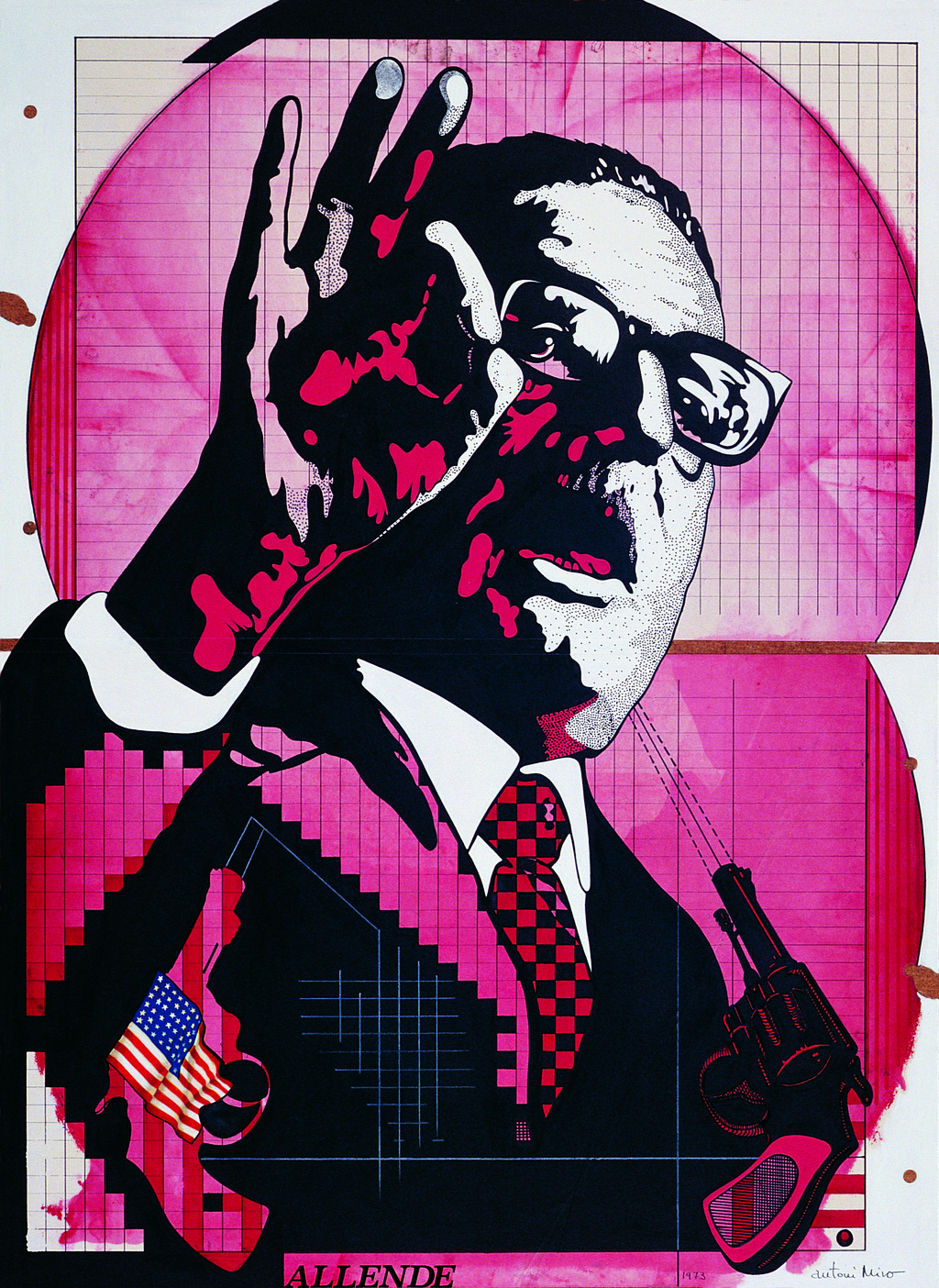Reasons for ethics and morality
In the writings, we usually find both terms used interchangeably. And the consecration of these values, surely by the repercussion that in the social field they presuppose, establishes criteria that are incorporated to the understanding of human decency as a primordial virtue. There is no ethics where equality between individuals does not reside, nor does morality conform to the records of human perfection if the will to favour the encounter with others does not emerge from reason. With everyone, and always in terms of fairness and justice. And from there we could establish the drift that concerns the strength as a guarantor of a behaviour adjusted to the desires of favouring the good behaviour of men. Strength that inspires the necessary balance to exercise intelligence in a unanimous direction, and intended for the common benefit.
Aristotle, in his "Great Ethics" exhibits: "... the fortress is not born absolutely out of feeling and impulse. But it is necessary that this impulse comes from a rational principle and having as its purpose the good or right. Therefore he, who, in the light of reason and having the honest and good as an end, boldly throws himself into danger, is the one who must be considered strong.], SARPE, 1984, p. 74. (Chapter XX. Nature and affective field of some most important virtues.
In this case, and concerned for ethical reasons adjusted, always, to strong moral predispositions, the painting of the artist Antoni Miró is inscribed in the register of works that infer in the space of loyalty towards those who need greater social visibility. Although underlies, without doubt, the ultimate truth that reaches the essential legitimacy of his office: place before aram, the look of the receiver. Then, and by way of catharsis, the evidence of recognizing ourselves as we are, or as we can come to feel.
Josep Sou
